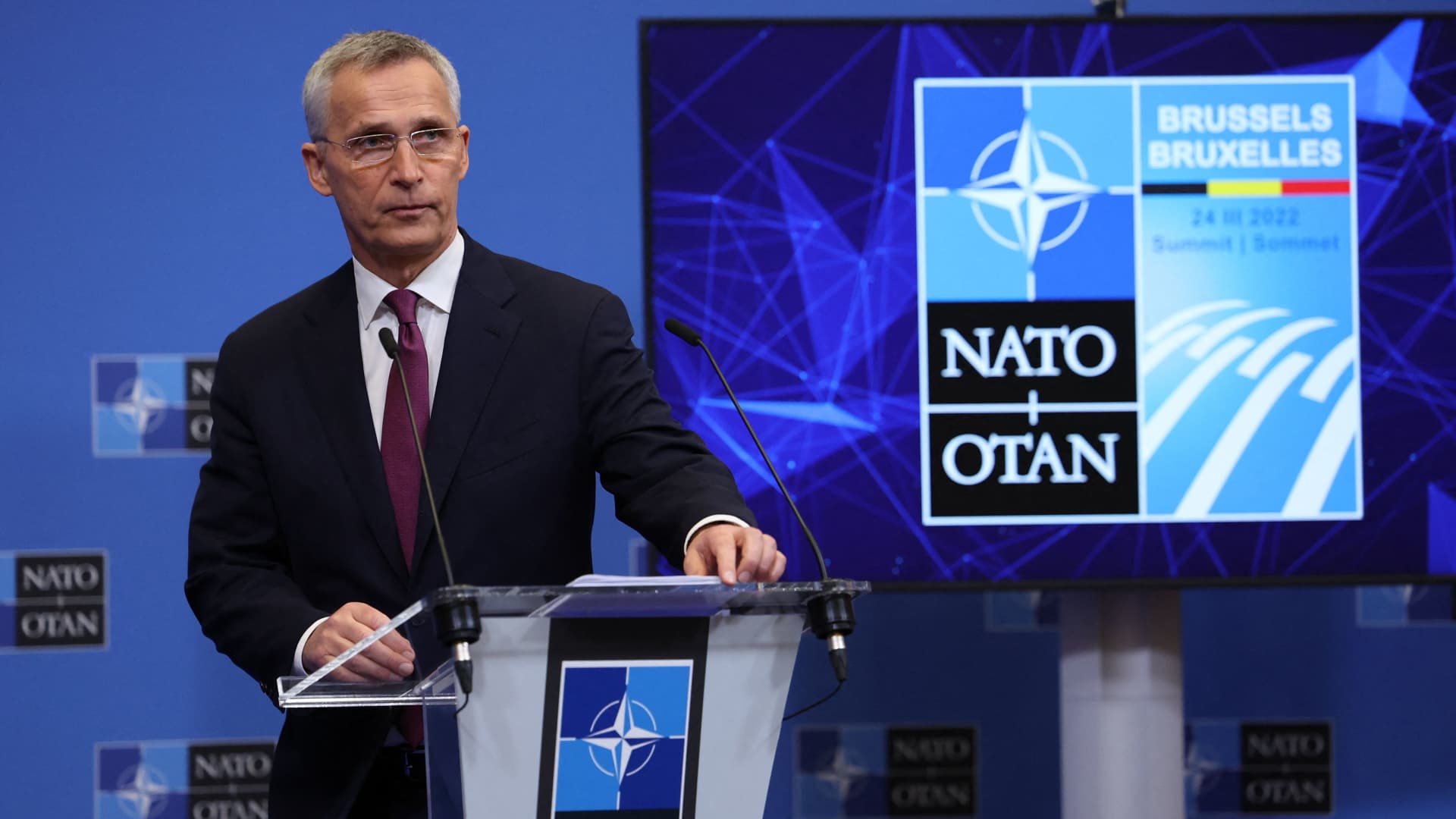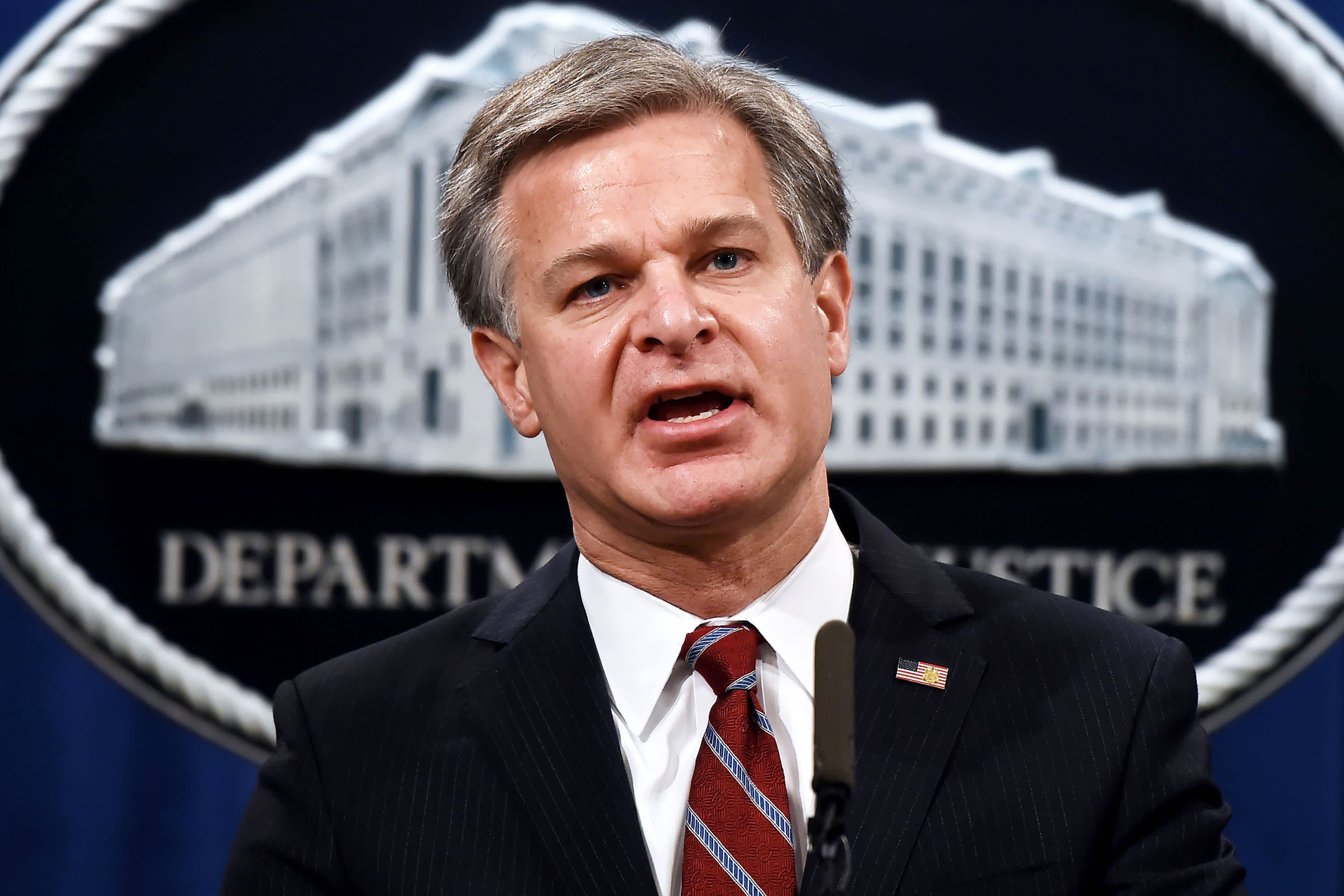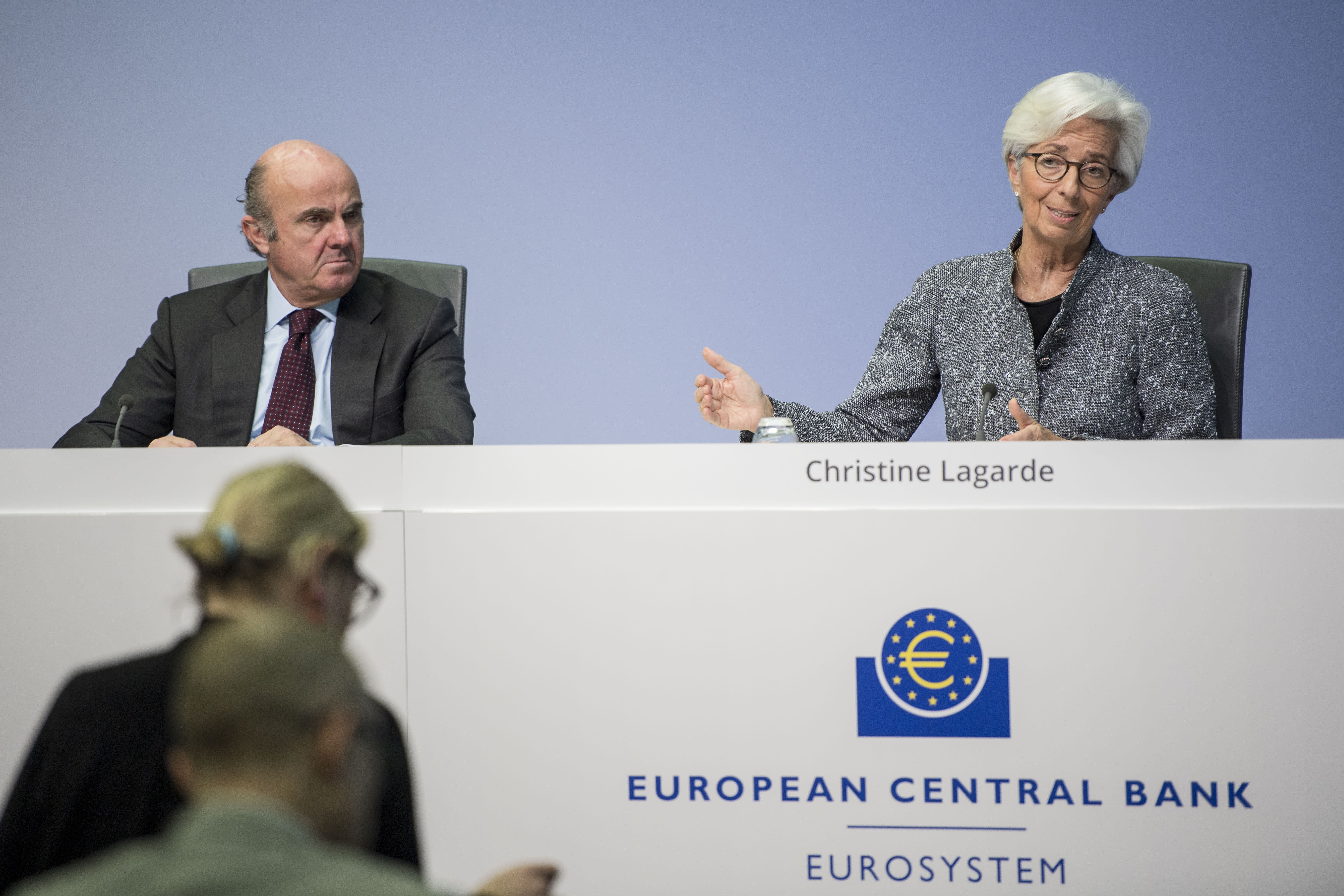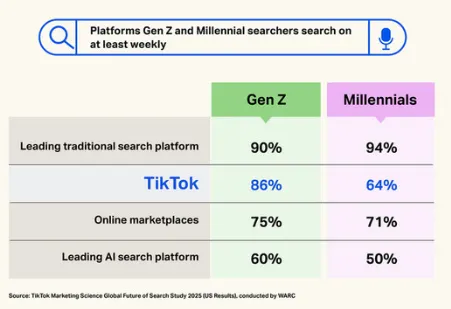World Court rules Israel must prevent genocide in Gaza, falls short of ordering a cease-fire
The U.N.'s highest court on Friday ordered Israel to take all measures within its power to prevent acts of genocide against the Palestinian people.

The Peace Palace building of the International Court of Justice a few hours before the court delivers its ruling in the case brought by South Africa against Israel.
Nurphoto | Nurphoto | Getty Images
The U.N.'s highest court on Friday ordered Israel to take all measures within its power to prevent acts of genocide against the Palestinian people, but fell short of insisting that Israel should implement a cease-fire.
It comes as Israeli forces continue a military campaign in the Gaza Strip that has claimed tens of thousands of Palestinian lives.
The court further ordered Israel to submit a report within one month on the steps it is taking.
"Israel must, in accordance with its obligations under the genocide convention, in relation to Palestinians in Gaza, take all measures within its power to prevent the commission of acts under article 2 of the convention, in particular, a) killing members of the group, b) causing serious bodily or mental harm to members of the group, c) inflicting upon the group conditions of life calculated to bring about its physical destruction in whole and in part, and d) imposing measures intended to prevent births within the group," a reading of the International Court of Justice decision said Friday.
The court said it has jurisdiction to rule on the genocide case and will not be dismissing it, despite Israel's request to do so.
"Israel must ensure, with immediate effect, that its military forces do not commit any of the aforementioned acts," the reading continued, saying that Israel must also take measures to prevent the incitement of genocide against Palestinian people.
The World Court judgment was issued in response to a full case submitted by the South African government on Dec. 29, which accused Israel of genocide against the Palestinian people. The court heard South Africa's allegations on Jan. 11 and Israel's response on Jan. 12.
ICJ rulings are "binding upon the parties concerned," final and allow no right of appeal. The World Court lacks the means to directly enforce its pronouncements, but its rulings can often deal heavy reputational blows to the accused.
The court also said it was "gravely concerned" about the welfare of the over 200 Israeli hostages abducted by Palestinian militant Hamas during their Oct. 7 terror attacks that triggered Israel's retaliatory military response in the Gaza Strip. The World Court called for the immediate release of the captives.
Questions have mounted internationally over the proportionality of Israel's military activity in the Gaza Strip and the extent to which it is minimizing civilian casualties.
At least 23,000 Palestinian people have been killed in the Gaza Strip, according to the Palestinian Ministry of Health, while humanitarian agencies have rung alarm bells over the spread of diseases, overcrowded shelters and a critical lack of food and electric resources.
Israel has denied the allegations and Israeli forces have repeatedly cited the right to self-defense. They say that Hamas forces have intentionally entrenched themselves in non-combatant facilities in the Gaza Strip, such as schools and hospitals, and are using civilians as human shields.
The U.S., Israel's close ally, has also questioned the merits of the case, with Security Council Spokesperson John Kirby describing the South African lawsuit as "meritless, counterproductive, and completely without any basis in fact whatsoever" after it was filed.
In the wake of the World Court's pronouncement on Friday, Israeli Prime Minister Benjamin Netanyahu released a video address affirming his country's "unwavering" commitment to international law.
"The charge of genocide leveled against Israel is not only false, it's outrageous, and decent people everywhere should reject it," he said, noting that his country will continue its fight against Hamas.
"Our war is with Hamas terrorists, not against Palestinians," Netanyahu said. "We will continue to facilitate humanitarian assistance and to do our utmost to keep civilians out of harm's way, even as Hamas uses civilians as human shields. We will continue to do what is necessary to defend our country and defend our people."
South Africa welcomed the World Court decision as a "decisive victory for the international rule of law and a significant milestone in the search for justice for the Palestinian people," according to a statement published by the country's Department of International Relations & Cooperation.
"The United Nations Security Council will now be formally notified of the Court's order pursuant to Article 41(2) of the Court's Statute. The veto power wielded by individual states cannot be permitted to thwart international justice, not least in light of the ever-worsening situation in Gaza brought about by Israel's acts and omissions in violation of the Genocide Convention," the statement added.

 Astrong
Astrong 
























.jpg&h=630&w=1200&q=100&v=f776164e2b&c=1)





